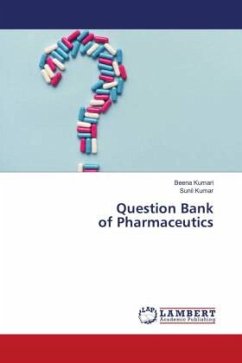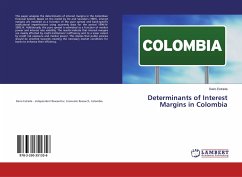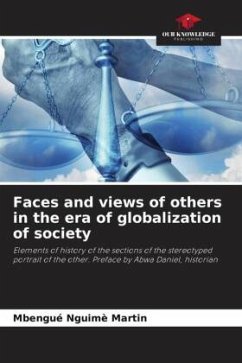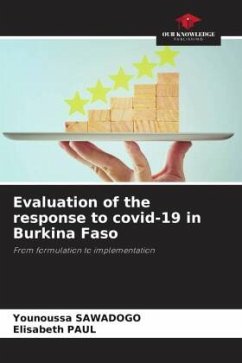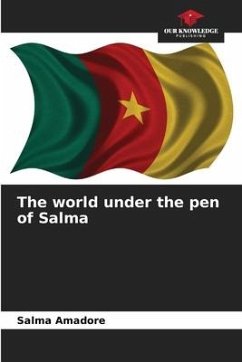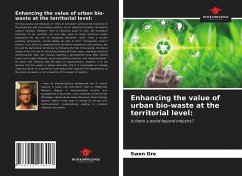
The question of interest in society
Analysis of the relationship between general and particular interests
Versandkostenfrei!
Versandfertig in 1-2 Wochen
40,99 €
inkl. MwSt.

PAYBACK Punkte
20 °P sammeln!
Interest lies at the heart of all social and international relations. It is both a unifying or socializing factor and a source of division or conflict. In this study, after reviewing this notion throughout history, we highlight the relationship between common interest and particular interest. This relationship, which in principle should be regulated by positive law, transcends the legal framework due to the inadequacy of the available supply of public goods in relation to the strong demand from citizens, and due to the neo-patrimonialist management of these public goods by African heads of sta...
Interest lies at the heart of all social and international relations. It is both a unifying or socializing factor and a source of division or conflict. In this study, after reviewing this notion throughout history, we highlight the relationship between common interest and particular interest. This relationship, which in principle should be regulated by positive law, transcends the legal framework due to the inadequacy of the available supply of public goods in relation to the strong demand from citizens, and due to the neo-patrimonialist management of these public goods by African heads of state. The result is the interference of illegal factors in the distribution or redistribution of public goods. These include personal relationships based on ethno-tribal, family, religious, political or regional affiliations in African countries. This situation creates feelings of frustration, discrimination and injustice among the citizens who are its victims. It is therefore necessary to promote merit and create more jobs through entrepreneurship.




